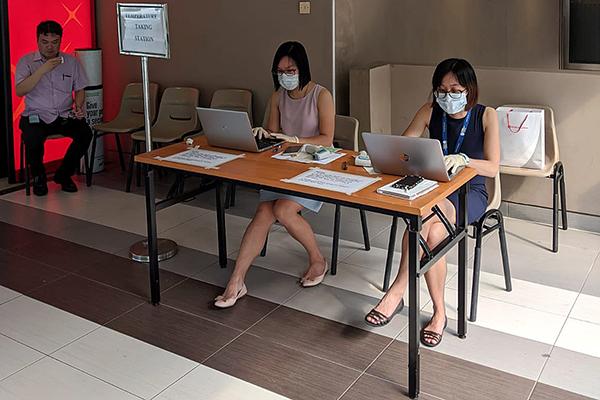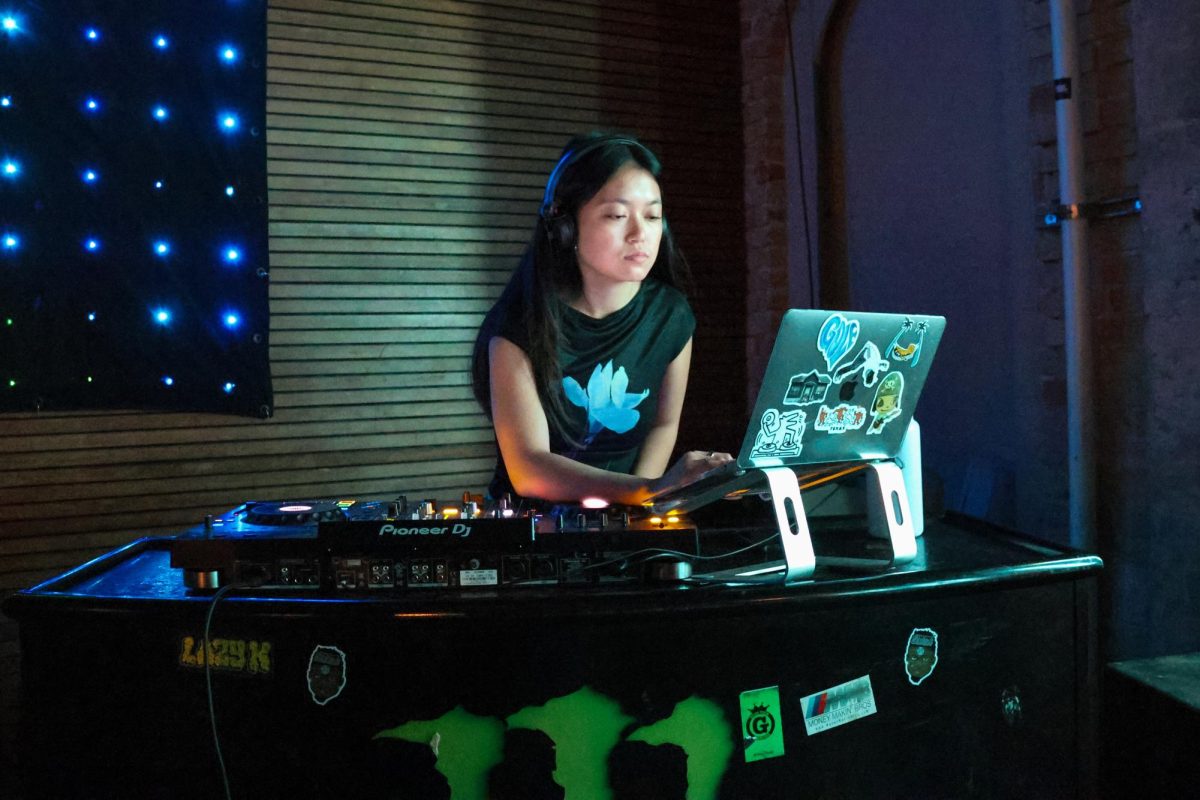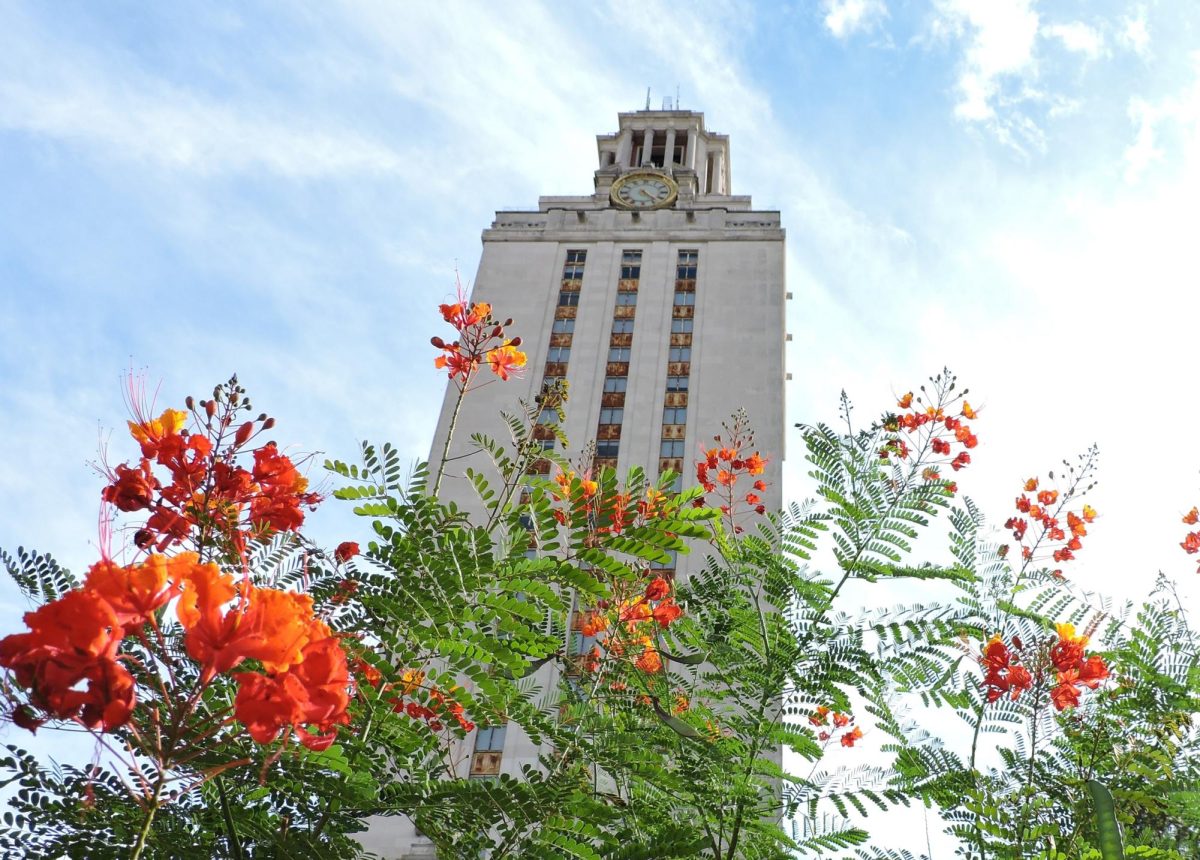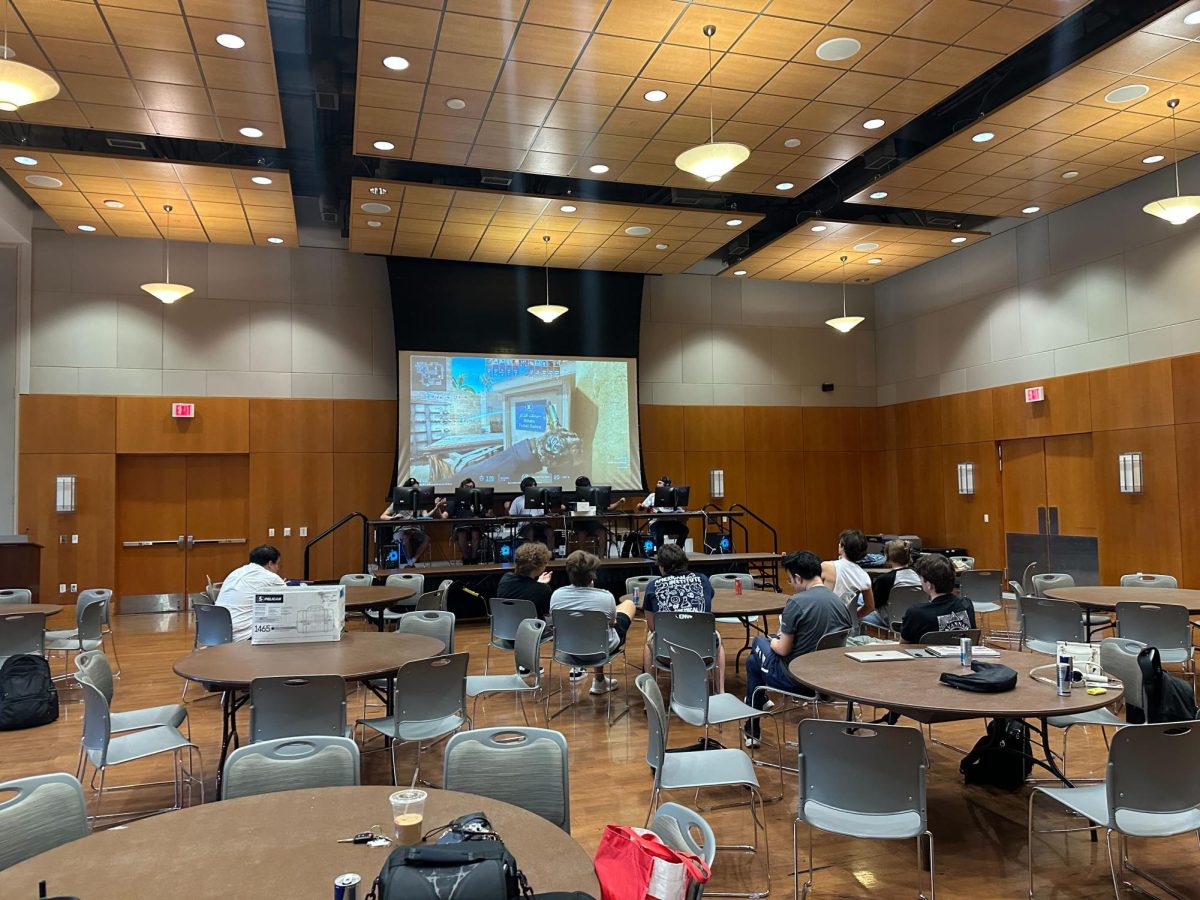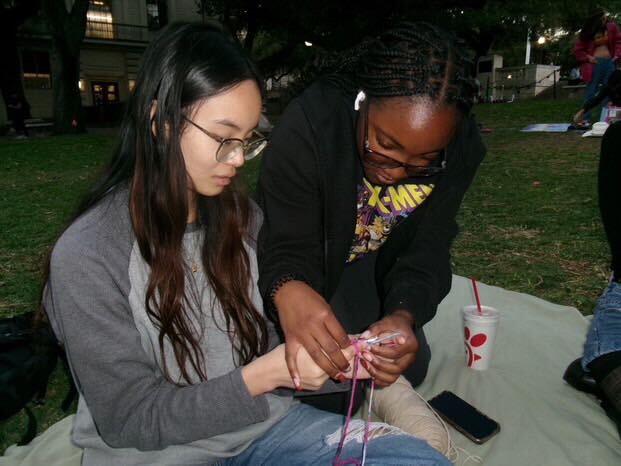Despite living on the same campus as coronavirus quarantine facilities in Singapore, daily life for some UT students studying abroad remains mostly the same aside from temperature checks and dorm relocations.
The National University of Singapore and Nanyang Technological University each have a designated residence hall for quarantine, but some UT students living on these campuses said they aren’t worried.
“I was initially concerned,” chemical engineering junior Kira Placido said. “There’s a lot of panic in the news, but it doesn’t seem like something that would be specifically dangerous for those of us who are generally young and healthy.”
Placido lives with other UT students in a dorm at the National University of Singapore. While she said she was not personally affected by the residence hall change for quarantine, she knew of others who had to be relocated to a different residence hall.
In order to accommodate students who had to be moved, the university has offered adjusted and refunded rental rates to students.
“While those people were refunded, the accommodations were definitely a (downgrade) from what they originally had,” Placido said.
The residence hall where students moved, Prince George’s Park Residences hall one, lacked refrigerators and curtains and needed repairs. According to the university’s Student Union, the rooms are not in the best conditions because this hall was scheduled for renovation in March 2020. This was the only available alternative housing on campus.
Although some students’ accommodations have changed because of the government’s request for an on-campus quarantine facility, most activities continue normally at both universities.
Jacob O’Quinn, study abroad manager of U.S. partnerships in the global relations office at the National University of Singapore, said the university’s dean of students has started a blog to give updates on the coronavirus situation.
In her first blog post on Jan. 28, Dean Leong Ching wrote, “Most events will go on as usual. A few may be canceled, not because of public health concerns, but because staff have been redeployed to other duties, or if response is poor.”
On Feb. 10, Nanyang Technological University issued a mandate requiring all students to record and submit their temperatures daily.
Nutrition junior Joshua Winn said there are stations on campus that students can go to if they don’t have a thermometer.
“If you don’t submit (your temperature), there will be disciplinary action,” Winn said. “We don’t know what the consequences are.”
Looking around the Nanyang Technological University campus, Winn said he doesn’t typically see students wearing masks. At the National University of Singapore, Placido said, the few people who wear them do so as a precaution.
“It’s only recommended to wear a mask if you are sick or you are susceptible to getting sick because it’s not super effective,” Placido said.
Initially, Placido said she was concerned about the proximity of the coronavirus, but her attitude has changed.
“I’ll wash my hands and be conscious of myself,” Placido said, “But it’s not going to inhibit what I want to do and see.”

